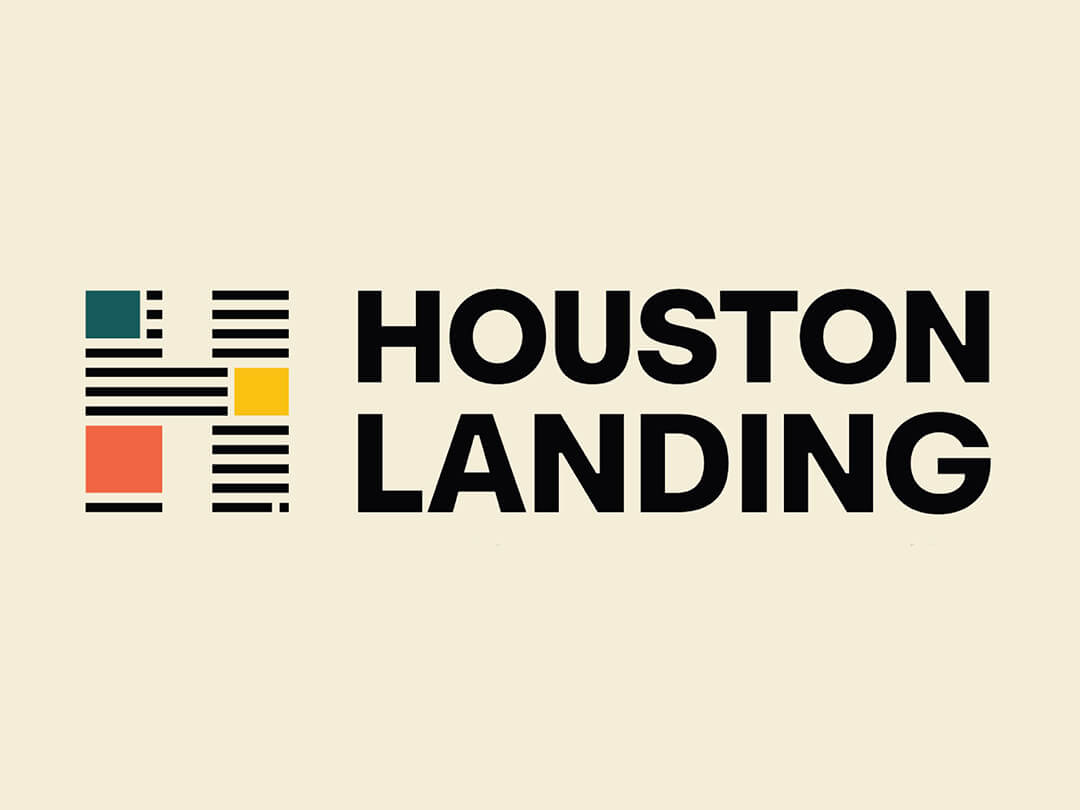Moving the editorial page from print to the web has been tricky, said Amanda Fiscina, research and digital production manager for Newsday’s opinion team.
They’ve tried different formats, including a briefing to the president. They’ve tried changing how it’s presented, including through Twitter threads.
But it’s the tone, she said, that doesn’t always work online.
Traditional editorials can come across as an un-bylined “voice of God,” Fiscina said, and readers don’t have a sense of the real reporting and research that went into it.
A new project launched at Newsday last week is working to translate the editorial page for the digital era.
nextLI is a new platform where Newsday’s editorial staff plans to drop the voice of God and pull back the curtain by bringing the community into the conversation of what they should cover, how they work and what they’re working on.
The project launched thanks to a three-year, $1.5 million charitable grant from The Rauch Foundation. nextLI takes up the work of the Long Island Index, a 15-year-old program from the foundation that researched and shared data on the region. The Index is currently winding its work down.
According to a news release, “It will carry on the tradition of producing and publishing high-caliber research and information that is essential to understanding Long Island’s regional challenges, while creating an innovative digital platform for civic engagement.”
“The next chapter in opinion journalism is instead of dictating the conversation, we’re convening the conversation,” said Sam Guzik, editor for platform and strategies, opinion. “It’s less about telling people what to think and more about saying 'Let’s come to a consensus and find the way forward as a community.'”
Organizations such as Hearken have done great work on this already, Guzik said, switching the process of how journalism gets made to include the communities it’s made for from the very beginning.
That can work, he said, when opinion journalism is grounded in a community.
nextLI will have its own subdomain and can be accessed from Newsday, as well. It will be free and won’t have ads, which is a stipulation of the grant. It also won’t aim the work toward lobbying, which is another stipulation.
Once people sign up on the platform, they’ll have access to several products that are just starting to be developed, including newsletters, a way to share feedback on research direction, mapping, daily data posts that put the region into context and questions to get people engaged. It could also offer podcasts, videos and first-person essays that offer real experiences alongside the numbers.
Newsday will hire two people to contribute to that work, and it will continue to take shape during the next few months.
They’re also thinking about comment moderation, Guzik said, and learning from the Coral Project about how to engage with people in a constructive way. That includes picking the right tools, he said, for the right purpose. Robust back-and-forths work well in more traditional comment models. With a more sensitive topic, though, they’re considering tools like the Coral Project’s “Ask.”
One of the hires nextLI makes will be a community manager, who will tend discussions online and in person.
They’ll also have an advisory board with people from different organizations and generations in Long Island, Guzik said.
Newsday’s traditional print opinion section will continue in parallel with the new project. nextLI could focus on brain drain, transit or taxes, Fiscina said. Regardless, the work should be grounded in public policy, Guzik said, with the goal of building consensus around solutions.
But really, where they go will be up to the community.
“We want to hear from them,” Fiscina said. “It’s their life here. That’s kind of the missing element in all of this.”
Correction: An earlier version of this story said that Amanda Fiscina is research and digital product manager for Newsday’s opinion team. That's incorrect. She's research and digital production manager. We apologize for the error. It has been corrected.







